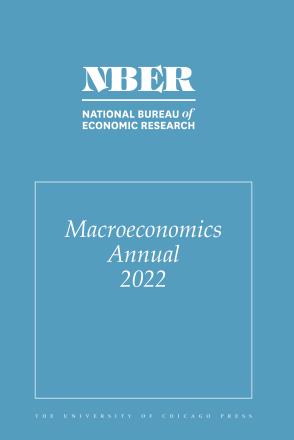Human Capitalists

You may be able to download this chapter for free via the Document Object Identifier.
The widespread and growing use of equity-based compensation has transformed high-skilled labor from a pure labor input to a class of "human capitalists." High-skilled labor earns substantial income in the form of equity claims to firms' future dividends and capital gains. Equity-based compensation has increased substantially since the 1980s, representing 36 percent of total compensation to high-skilled labor in US manufacturing in recent years. Ignoring equity income causes incorrect measurement of the returns to high-skilled labor, with substantial effects on macroeconomic trends. In manufacturing, the inclusion of equity-based compensation almost eliminates the decline in the high-skilled labor share, and reduces the total decline in the labor share by about one-third. Only by including equity pay does our structural estimation support complementarity between high-skilled labor and physical capital greater than that found by Cobb and Douglas decades ago. We also provide additional regression evidence of such complementarity.
-
-
Copy CitationAndrea L. Eisfeldt, Antonio Falato, and Mindy Z. Xiaolan, NBER Macroeconomics Annual 2022, volume 37 (University of Chicago Press, 2022), chap. 1, https://www.nber.org/books-and-chapters/nber-macroeconomics-annual-2022-volume-37/human-capitalists.Download Citation
-


